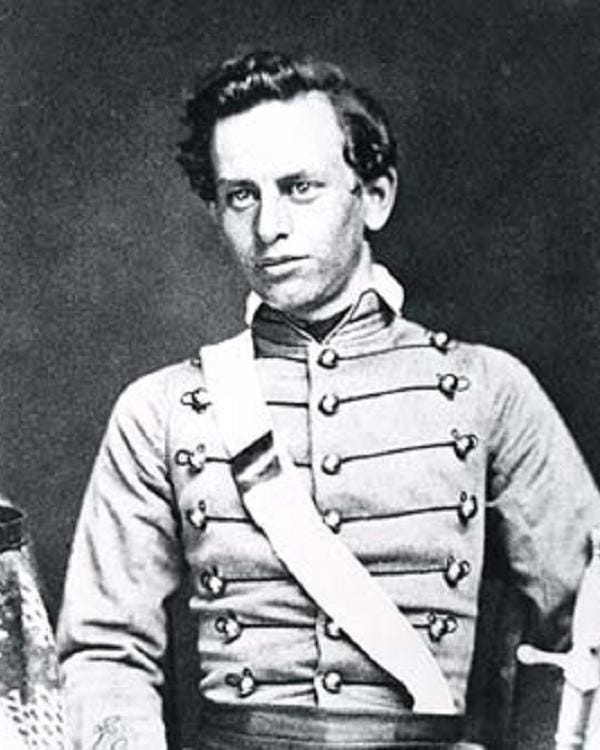#62: CIVICS 101: The Legislative Branch
Q&A #62: What are the duties of Parliamentarians?

Our American Government
Our American Government is a small book published by the House of Representatives for citizens and those who seek a greater understanding of the American interpretation of democracy. It follows a question-and-answer format and covers a broad range of topics dealing with the three branches of our Government, the electoral process, and the role of political parties.
The Savvy Citizen is reproducing the 169 questions-and-answers through a series of posts called Civics 101. Each post will contain the Q&A as well as some additional commentary to add historical context, fun facts, or anything we believe will add to our collective understanding of these topics.
Think of it as your adult Civics class but without the test!
Let’s keep at it.
SECTION: The Legislative Branch: The Congress
Congressional Rules and Procedures
Q&A #62: What are the duties of Parliamentarians?
The House and the Senate each has a Parliamentarian to assist the Presiding Officer in making correct parliamentary decisions, to keep a record of procedures and precedents, and to refer bills to the correct committees of jurisdiction.
These officials must be so well versed in the rules and practices of the Chamber that the Presiding Officer can be given guidance and advice on a moment’s notice.
My Thoughts
I wonder how many times the House and Senate Parliamentarians have read/studied Robert’s Rules of Order? But, more importantly, who’s Robert?
I took at look at robertsrules.com and, well, now I know who Robert is. Read below and you will too! This is from the Our History page: https://robertsrules.com/our-history/
Henry Martyn Robert was an engineering officer in the regular Army. Without warning he was asked to preside over a public meeting being held in a church in his community and realized that he did not know how.
He tried anyway and his embarrassment was supreme. This event, which may seem familiar to many readers, left him determined never to attend another meeting until he knew something of parliamentary law.
Ultimately, he discovered and studied the few books then available on the subject. From time to time, due to his military duties, he was transferred to various parts of the United States, where he found virtual parliamentary anarchy, since each member from a different part of the country had differing ideas of correct procedure. To bring order out of chaos, he decided to write Robert’s Rules of Order, as it came to be called.
The twelfth, current, edition has been brought about through a process of keeping the book up to date with the growth of parliamentary procedure. All editions of the work issued after the death of the original author have been prepared by persons who either knew and worked with the original author or are connected to such persons in a direct continuity of professional association.
What a cool fun fact! Add this to your list of things I never knew I needed to know!
—
Back next time with Q&A #63: What Congress is in session, at what hour do the two Houses meet?
Meanwhile, don’t forget that we’re organizing the post links on a single page available here.
xo,
Kelley for the Savvy Citizen Team
March 14, 2025



